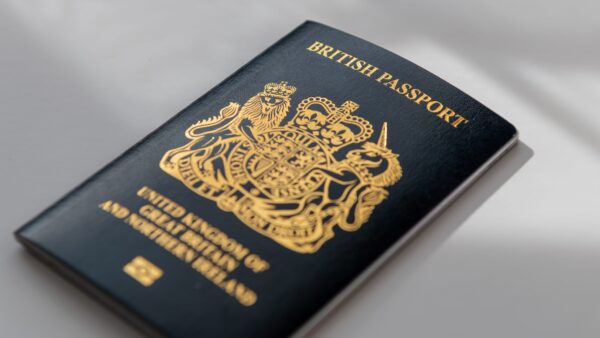This course was last updated in January 2024.
Welcome to our course on naturalisation as a British citizen! We cover all of the requirements for naturalisation as a British citizen, from residence periods to good character and everything in between. We explain what requirements are mandatory in all cases and which requirements can be waived or varied by the Home Office, with worked examples throughout.
The course is only available to paying members of Free Movement. If you are not already a member, you can join here and access not just this course but all of our courses. Membership starts from £24 plus VAT per month, or £240 plus VAT for annual membership, and you can cancel at any time. We also offer corporate and group membership options.
You can check out the course contents below.
| Module 1 | What is naturalisation? | |
|---|---|---|
| Unit 1 | What is naturalisation? | |
| Module 2 | Residence requirements and intention to settle | |
| Unit 1 | Residence requirements for naturalisation | |
| Unit 2 | Free of immigration time restrictions: ILR or settled status | |
| Unit 3 | Length of residence: spouse or civil partner of a British citizen | |
| Unit 4 | Length of residence: non-spouses | |
| Unit 5 | Physical presence in UK at start of qualifying period | |
| Unit 6 | Breaches of immigration law in the qualifying period | |
| Unit 7 | Intention to settle | |
| Module 3 | Good character | |
| Unit 1 | Introduction | |
| Unit 2 | Criminal convictions | |
| Unit 3 | War crimes, terrorism and other activities contrary to the public good | |
| Unit 4 | Financial soundness and notoriety | |
| Unit 5 | Deception or dishonesty | |
| Unit 6 | Immigration issues | |
| Unit 7 | Dealing with the guidance in practice | |
| Unit 8 | Exceptions to the good character requirement | |
| Module 4 | Age and the knowledge of language and life tests | |
| Unit 1 | Age | |
| Unit 2 | Life in the UK test | |
| Unit 3 | Knowledge of English | |
| Module 5 | Applying for and getting citizenship | |
| Unit 1 | Application process | |
| Unit 2 | Oath and citizenship ceremony | |
| Unit 3 | Bringing a legal challenge | |
| Unit 4 | Feedback and final quiz |

